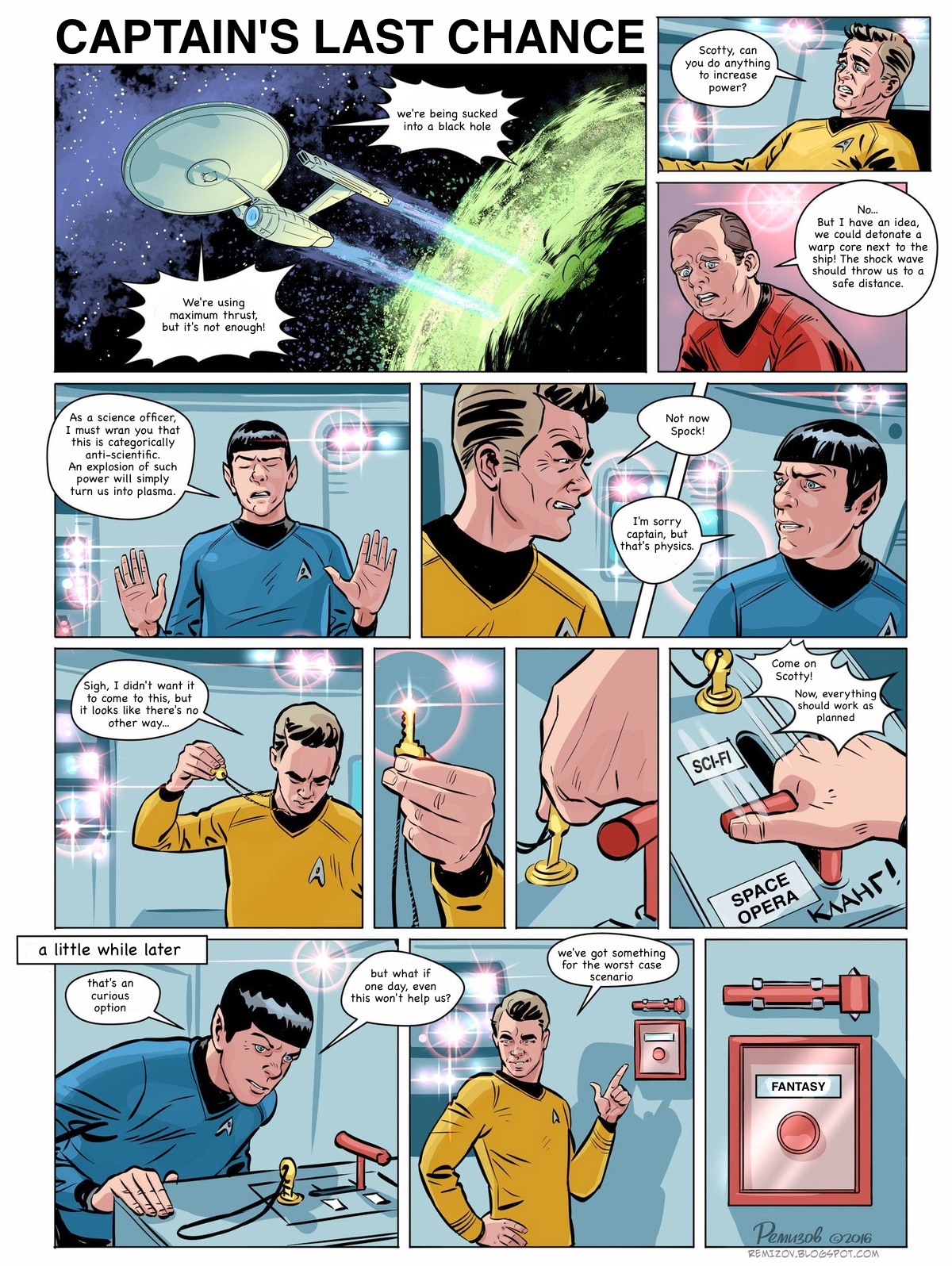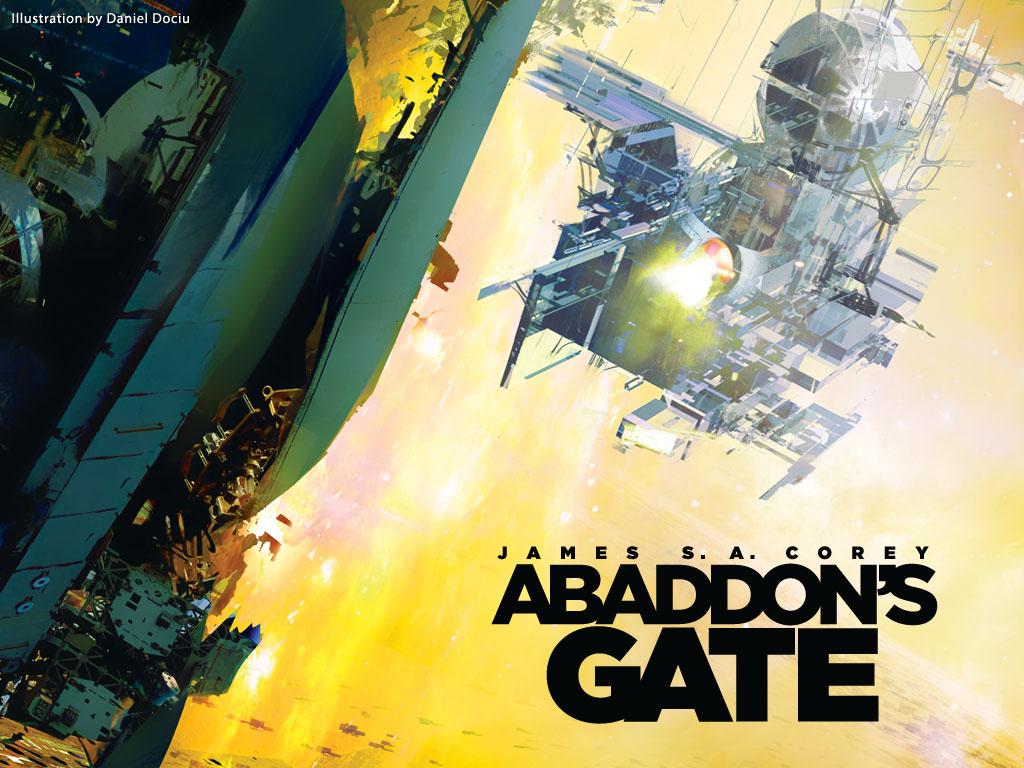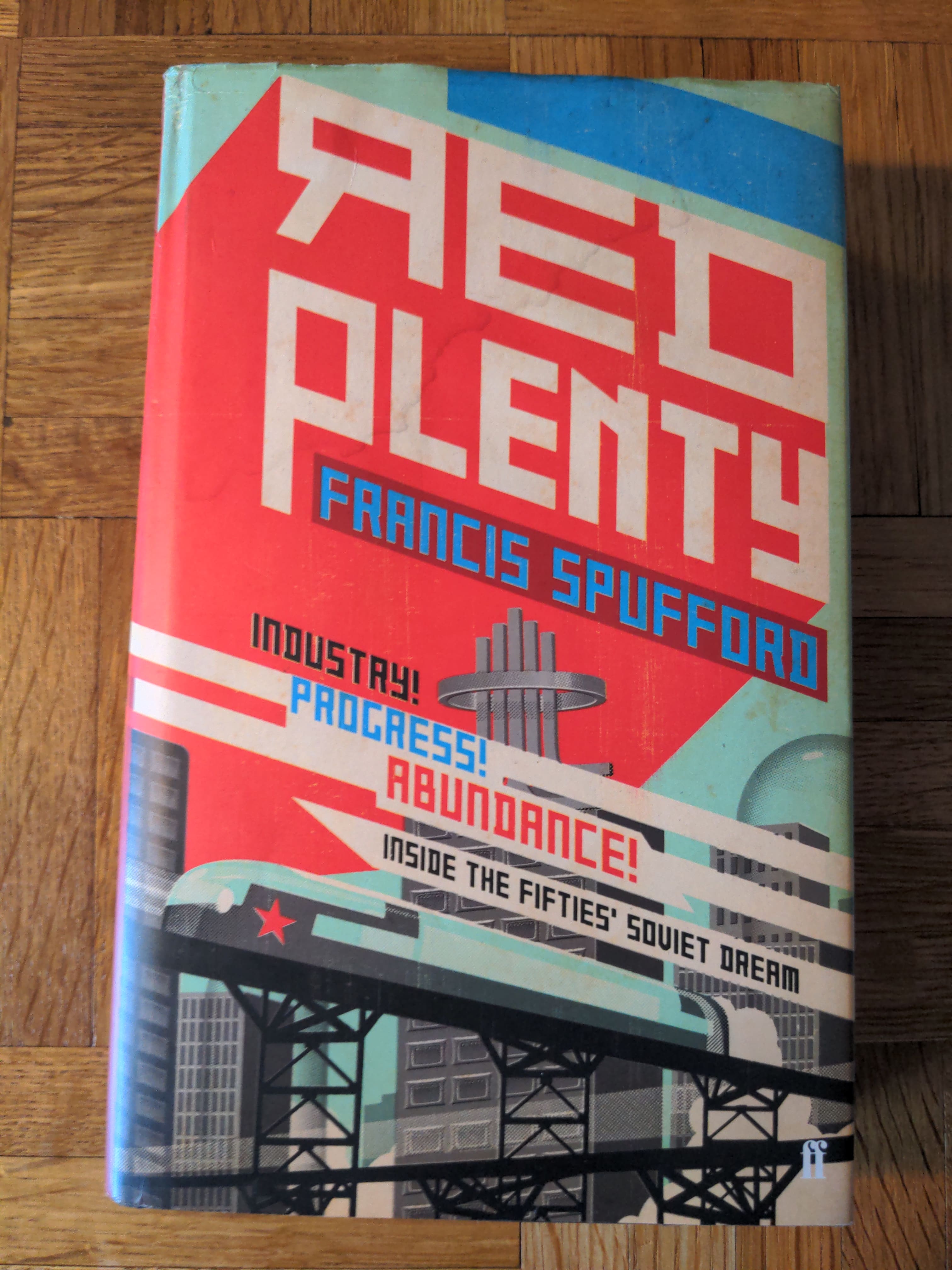The Dispossessed is a masterful work of utopian science fiction. LeGuin depicts a stateless communist society in which there are no: wages, bosses, politicians, police, prisons, private property, class/racial/gender hierarchies. On the desert planet of Anarres the people have developed a social consciousness of free association and mutual aid that allows them to meet everyone's needs. What is produced in abundance is freely given while scarcer commodities are rationed.
Of course, in science fiction, utopias are rarely perfect. LeGuin pushes the limits of her anarcho-communist society with a crop failure that threatens to collapse society. In the face of starvation, people rely on social norms that border on laws. The individual is often called to sacrifice their own interests for the good of the collective. Hence the allure of a society of free organization is impeded by the stagnating social pressures of tradition, public opinion, and the greater good. As Jasper Bernes notes:
There are flaws, however, or ambiguities with the world they’ve built... [Anarresti] communist principle has, in areas, decayed into knee-jerk moralism while bureaucratic hardening clogs the administrative arteries. The main character, Shevek, a gifted physicist on the verge of a theoretical breakthrough, finds himself stymied not only by his compatriots’ constant injunctions against “egoizing” but also by a central planning mechanism that, even though it matches volunteers with potential jobs, often seems as if it is telling people what to do and where to go without taking into account their life circumstances, their needs, and their desires. Shevek is thwarted by the unchanging world he inhabits.
Development is not only at the heart of the novel form, but is the basis for Karl Marx’s conception of communism. While many revolutionaries of Marx’s time and ours emphasized equality in their depictions of the world to come, Marx himself insisted on the centrality of freedom and, in particular, what he called free development. He is, in this sense, much closer to anarchism than the contemporaries who insisted on the right to work or a fair wage. In Marx’s view, proletarian revolution would produce “a community of freely associated individuals” in which “the free development of each is the precondition of the free development of all.” Equality, he argues in many places, cannot be the goal in any sort of simplistic way, since people have different needs and capacities: equal treatment produces, paradoxically, inequality. We do not have similar expectations for children and adults, for example. Instead of asking everyone to consume or work an equal amount, or in the same way, the equality that matters would be one that gave everyone the same opportunities to freely participate in any activity, to freely take, but most importantly, to freely change and grow. In The Dispossessed, what we see through Shevek’s dissatisfaction is a society in which there is freedom but not quite free development, in which there is equality without the fullness of free access and opportunity that is possible.
source: https://communemag.com/the-shield-of-utopia/

LeGuin contrasts life on Anarres with an ultra-capitalistic twin planet Urras. While the Anarrasti are working together to survive a desert planet, the rich on Urrasti live a life of excessive luxury. This too is first presented as a utopia (of sorts) until our protagonist visits the planet and is slowly corrupted by its excesses. Further, toward the end of the book, we see how the wealth of the wealthy is a function of the abject poverty of the poor. The contrast between the communalistic communist society and the individualistic capitalist society is particularly poignant.
TLDR: The Dispossessed is a must-read for all lovers of science fiction. The realistic depiction of a society without wages/hierarchies/government/private property remains with the reader long after they turn the last page.
For those of you who have read the book, what are your thoughts?





